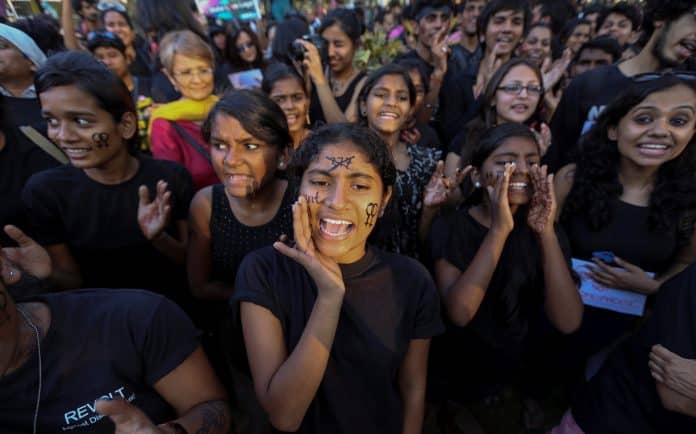On September 6, India’s Supreme Court overturned a British colonial law – Section 377 of the Indian Penal Code – that banned consensual sexual acts between adults of the same sex. The Court ruled unanimously that the law was unconstitutional, with Chief Justice Dipak Misra referring to it as, “irrational, indefensible and manifestly arbitrary”.

It was a momentous day that will trigger real change. Authorities used Section 377 to harass, ostracise and marginalise in colonial times and during the postcolonial era. Even recently, there are several reports that the police used it to blackmail gay and lesbian Indian citizens and attack NGOs working with sexual minorities. It has almost certainly impeded activists’ work in relation to HIV and AIDS. While the everyday cost of such a law is difficult to chart, it must have been high.
Progressive forces have marshalled arguments with consummate skill to overturn Section

377. Some of the arguments have been national and historical – the homoerotic sculptures at the Khajuraho temple complex in central India have been invoked to suggest homosexuality is not foreign to India. Some of them have been global and ethical: the relativity of sexual norms through history for example. The judges referred to Shakespeare (“What’s in a name?”), Goethe (“I am what I am”) and Leonard Cohen (“From the ashes of the gay/democracy is coming”).
The alliance that brought about the change in the law is diverse, including trade unions, private companies, artists, student groups, mental health establishments and state bodies such as the National Human Rights Commission. But the particular prominence of young people in the drive for transformation is notable. As Indu Bhan shows in her book The Dramatic Decade: Landmark Cases of Modern India, youth have driven change in thinking around issues such as homosexuality, rights, and sexual practice in recent years. This reflects a broader social revolution in India since the 1990s wherein young people are increasingly educated, versed in notions of universal rights, and adept at utilising new technologies to advance their goals.
Challenges remain. Many colonial laws remain on the books. A lack of police reform in India is a pressing problem that profoundly affects all minorities. In terms of LGBT rights, issues of gay marriage, adoption, and inheritance remain to be addressed. And social revolution cannot be exaggerated: in 2016-17, three-quarters of Indian youth continued to disapprove of same-sex relationships according to one important survey by the Centre for the Study of Developing Societies.
Addressing these challenges will require new creative alliances – including with government – and close engagement with youth leading change.
Craig Jeffrey is the Director and CEO of the Australia India Institute in Melbourne.
Youth is the key: Craig Jeffrey on #Sec377
India’s youngsters have to lead the charge in bringing about major social reforms says CRAIG JEFFREY

Reading Time: 2 minutes



